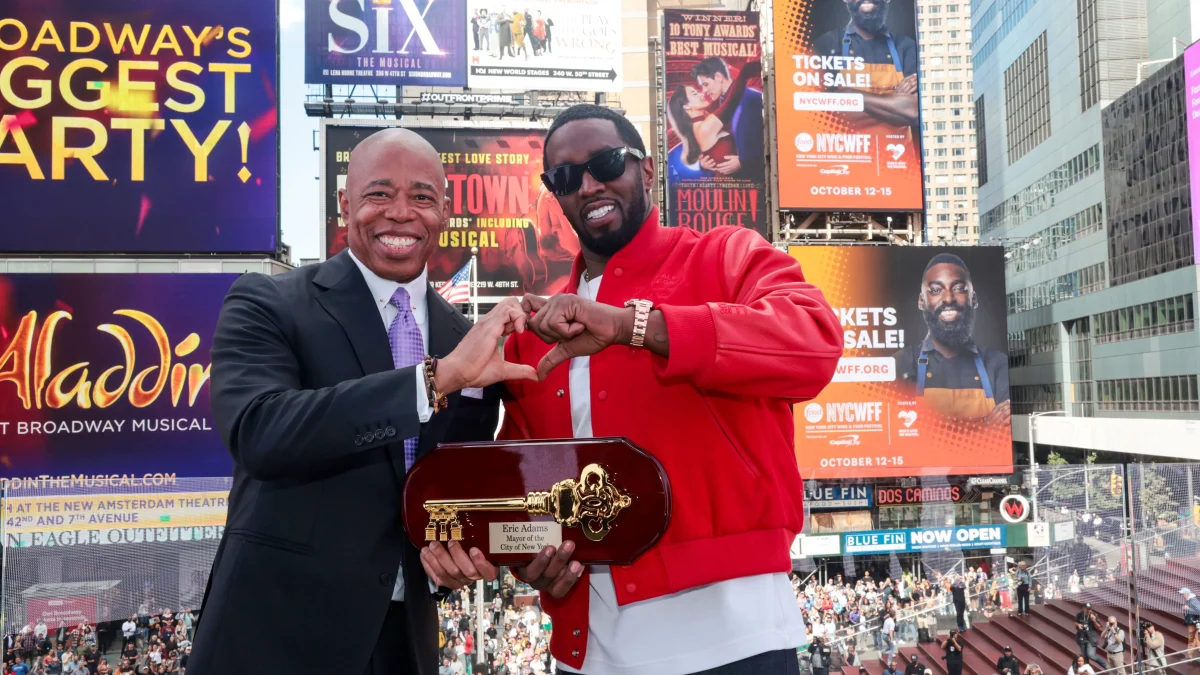Have we no shame?
Watching reality dating shows is like watching a trainwreck in real-time. There’s a deep feeling inside of me that knows that it is wrong to stare, but my brain refuses to look away. I welcome this potentially catastrophic distraction with open arms for the sake of entertainment.
Upon further reflection, there is zero shame on either end for both the viewer and the producer, and perhaps that is the real issue at hand here.
Reality dating shows have continued to evolve ever since the release of ABC’s “The Dating Game” in 1965, a show that introduced the since outdated format of a bachelorette asking three bachelors questions behind a wall of anonymity and eventually choosing one to accompany them on an all expenses paid date. Ever since then, reality dating shows have continued to evolve, hungry for new groundbreaking ideas that entice potential contestants looking for genuine love and connection… or so one would think.
You know it, I know it, we all know it – more often than not, people who answer the casting call to go on reality dating shows are chumps if they believe that they are going to find the type of love that could last lifetimes on network television. The idea that proper endearment and affection could be fostered under the shine of overhead key lights and mics strapped to one’s back – is a farce. But why do people willingly put themselves through this process? And when did dating shows become so superficial?
In truth, reality dating shows have always been laden with superficiality. All that is presented of someone is their surface-level self and to actually go deeper into their being is either frowned upon or doesn’t make for good TV, the latter mattering far more than the former. The rise of social media and the incessant need for furthering one’s engagement and “clout” has led to a new breed of contestants who go on reality dating shows with the sole intention of furthering their success, either through tactful lying and manipulation or instigating chaos whenever humanly possible. And networks can’t get enough. Why? Because in their money-grabbing eyes, viewership hinges on flash, shock-value, and more than anything else – drama!
Let’s refer to, in what is own opinion, arguably one of the trashiest reality dating shows still on the air that justifies its clandestine premise under the masquerade of being “classy” – ABC’s “The Bachelor” and “The Bachelorette.” I am not sorry to say that just because their contestants wear slim-fit suits and pretty dresses while sipping sparingly on rationed champagne, the show does not merit more praise than the average smut present in other modern reality dating shows.
Hannah Brown’s lamentably iconic season of “The Bachelorette” was my first taste of reality dating shows and it was eye-opening to say the least. While seemingly decent men with good intentions like Mike Johnson, Peter Weber, and especially Tyler Cameron were snubbed, a steroid-driven square-headed sociopath from the depths of America’s hell (Gainesville, Georgia) managed to dominate screen time and scurry his way into the finale. Luke Parker’s abrasiveness towards the other contestants, relentlessness in his pursuit of a woman who stated outright that she did not want him, and sheer lack of accountability for his toxic masculinity and demeaning sex-shaming during and after the fact, led to a perfect cesspool of drama that production loved.
His blatant narcissism ate up all of the drama, and so did production and viewers alike. So much so that acoustic guitar-loving Jed Wyatt flew under the radar well enough to win the show at the very last hurdle, only for it to be revealed that he had a girlfriend the entire time and was just using Hannah as a means of promoting his mediocre music career. Shocker.
And left in the wake of it all, a distraught Hannah Brown, used by producers as a means of propagating viewership and putting cash in the pockets of the network. But it’s what she signed up for and after it was all said and done she got her check and newfound fame, so how could she be angry about her chronic, trauma-inducing mistreatment, right?
People aren’t people on reality dating shows. New-age contestants, who more often than not are problematic and emotionally immature, are propped up on pedestals while simultaneously being dehumanized and reduced down to the status of faux celebrity – and are OK with it!
Even with the knowledge that networks use people with the goal of serving us drama on a silver platter, we watch regardless because we don’t actually care about the well-being of these strangers, even though we would like to think that we do. At the end of the day, in our desensitized, chronically online, fun-loving, and dopamine-craving states of mind, all we want – is to be entertained.
Regardless, we have no choice but to look internally and ask ourselves the question: “Have we no shame?”





